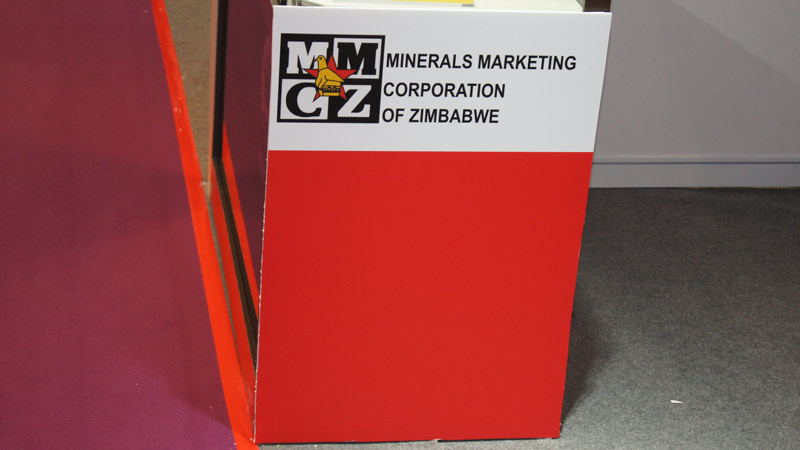Zimbabwe is intensifying efforts to maximise revenue from its vast chrome resources through beneficiation and local processing, with the Government linking new mining rights to smelting capacity. Analysts say the policy will ensure that mining concessions are granted only to serious investors committed to industrial development.
The new policy, part of a broader "use it or lose it" strategy, targets mining claims exceeding 100 hectares, requiring companies to build or expand local smelting plants. This move seeks to address long-standing challenges in enforcing past bans on raw chrome exports, which have previously failed to drive value addition due to factors such as outdated technology, high electricity tariffs, and low global ferrochrome prices.
Zimbabwe holds the world's second-largest chrome reserves, concentrated along the mineral-rich Great Dyke. Over the years, several export bans – first in 2007, and later in 2011 and 2020 – aimed to promote local ferrochrome production but were undermined by loopholes, special permits, and corruption, allowing some companies to continue exporting raw chrome.
"Granting special licences has allowed some companies to export far more than their quotas, derailing the focus on investment in local processing," said Gibson Romari, consulting mining engineer. He noted that forged documents and abuse of permits have cost the economy millions in lost revenue and foreign currency.
Despite these challenges, Zimbabwe's ferrochrome sector has seen growth. Ferrochrome sales volumes increased by 13 percent to 280,096 tonnes, exceeding projections by three percent. However, the value of sales declined slightly by 1 percent to US$228.7 million, missing the budget by 7 percent. Meanwhile, exports of chrome concentrates fell 13 percent in volume and 21 percent in value during the first eight months of 2025, reflecting a global market glut.
To address these issues, Information, Publicity and Broadcasting Services Minister Dr Jenfan Muswere confirmed that all new chrome mining rights above 100 hectares must be tied to specific plans for smelting capacity. The Minerals Marketing Corporation of Zimbabwe (MMCZ) has advocated for a complete ban on raw chrome exports to protect local producers and promote value addition.
"The goal is to force companies to invest in local infrastructure, shielding the industry from volatile global markets," Dr Muswere said. MMCZ corporate communications officer, Pretty Musonza, added that priority will be given to meeting local smelter demand, supporting small-scale producers, and ensuring compliance with regulated export processes.
Zimbabwe currently has an annual chrome processing capacity of approximately 270,000 tonnes from ten producers, with individual capacities ranging from 3,000 to 84,000 tonnes. Analysts argue that to compete globally, the country must provide reliable electricity and efficient rail transport to support local ferrochrome production.
By linking mining rights to smelting investment and tightening export controls, Zimbabwe aims to transform its chrome sector into a driver of industrialisation, generating higher revenue, attracting investment, and integrating more fully into the global stainless-steel value chain.
- Sunday News
 OK Zimbabwe posts US$17,8 million loss
OK Zimbabwe posts US$17,8 million loss  Hichilema meets Chivayo
Hichilema meets Chivayo  Millions celebrate Diwali festival in India
Millions celebrate Diwali festival in India  Econet Zimbabwe to delist from ZSE
Econet Zimbabwe to delist from ZSE  Gold edges up as traders await guidance
Gold edges up as traders await guidance  Mnangagwa fires Chitando, appoints Polite Kambamura
Mnangagwa fires Chitando, appoints Polite Kambamura  Young Investment Professional (YIP) Graduate Programme 2019
Young Investment Professional (YIP) Graduate Programme 2019 











 Young Investment Professional (YIP) Graduate Programme 2019
Young Investment Professional (YIP) Graduate Programme 2019
Editor's Pick